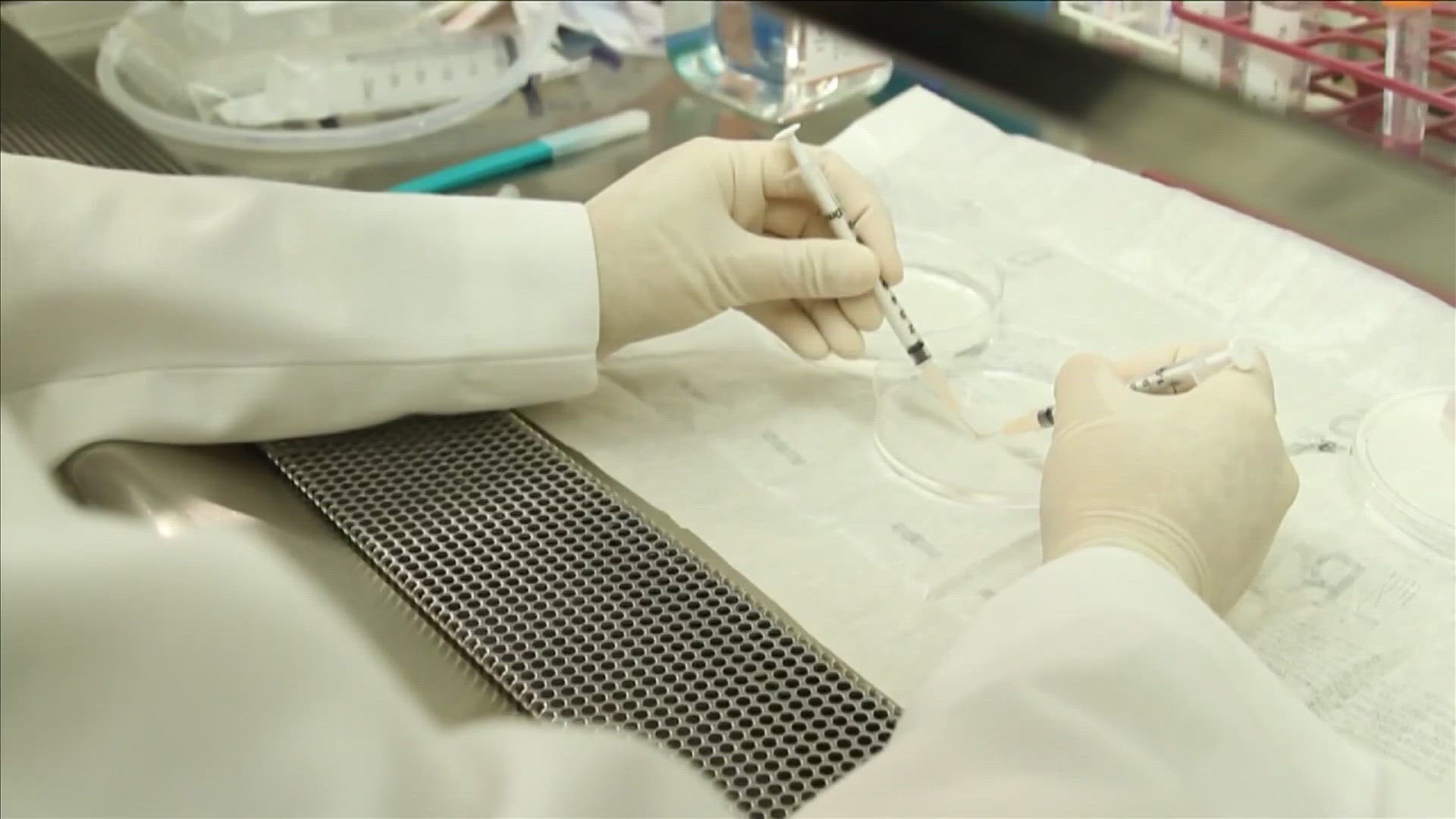MEMPHIS, Tenn. — A long-winded battle over HIV funding in Tennessee is making a turn for the better for HIV patients. The CDC made a deal with United Way of Greater Nashville to provide $4 million to the nonprofit over the course of a year.
The nonprofit will use the funding to give out HIV-related grants to smaller community-based organizations across the state. HIV is an undereducated and underserved disease here in the Mid-South. Those surviving the disease and making a career out of it say, oftentimes, you just have to stand up for what you believe in.
“Sometimes you have to call out the politicians or get in touch with them to let them know how important the funding is,” HIV survivor and Early Intervention Specialist, Michelle Anderson said.
The nearly $9 million of federal HIV prevention grants is now down to $4 million and being funded by the CDC to local organizations through a loophole. This comes after Tennessee’s refusal to take money from the CDC for HIV services and the CDC in turn making a deal with a Nashville organization to keep HIV resources flowing through the state.
“We are super excited that the CDC has taken a major step to make sure that community-based organizations across the state have a different way to be funded,” Michelle Taylor of the Shelby County Health Department said.
State and local organizations are having to find different funding avenues as Memphis remains in the top set of cities with HIV infections.
“We are still number three in new HIV infections when you talk about larger metropolitan areas only behind Atlanta and Miami,” Taylor said.
Not only could the cut in finances impact HIV testing but it could also have a trickle-down effect to the resources those with HIV are able to get.
“Being able to sit down with a doctor and they explain everything is one thing I don’t want to lose as far as funding with HIV,” Anderson said. “We do have good providers here with clients that are newly diagnosed like I was - that can sit down and ensure the client that it’s gunna be okay.”
As funding for HIV stays afloat across the state of Tennessee, those who are most impacted are still on edge as there’s no clear line of what this means for their funding. Despite the hurdles, they’re hopeful and encourage anyone who thinks they made need to get tested to get tested or call your local HIV testing site for more information.
Congressman Steve Cohen (D-TN) released this statement on Tuesday about the CDC's decision to fund HIV resources.
"Governor Lee’s decision to reject federal HIV epidemic funding is short-sighted and harmful. Since the community partners learned that their access to funding was being eliminated, I have been in regular contact with them, the CDC, and Department of Health and Human Services Secretary Xavier Becerra. I applaud the CDC for finding a solution to ensure that the people most at risk of contracting HIV will not lose access to important prevention services and those with HIV can receive adequate treatment. As Co-chair of the State Medicaid Expansion Caucus, I will continue to fight to improve access to affordable health care for those with HIV and all who live in Tennessee."
Below is the letter from the CDC outlining how the funding to United Way of Greater Nashville will work.
"CDC has announced the Notice of Award of approximately $4 million to United Way of Greater Nashville. This measure is being put in place from June 1, 2023, to May 31, 2024, to help assure services are available during this interim time of change. ... United Way of Greater Nashville will use this funding to manage and administer HIV-related grants to smaller community-based organizations across the state. These organizations will carry out HIV prevention strategies and activities in communities where they are most needed and among populations who could most benefit. United Way of Greater Nashville will decide which local organizations will be funded to implement these efforts, as well as what levels of funding they will receive based in part on the most recent epidemiologic data and geographic location."

